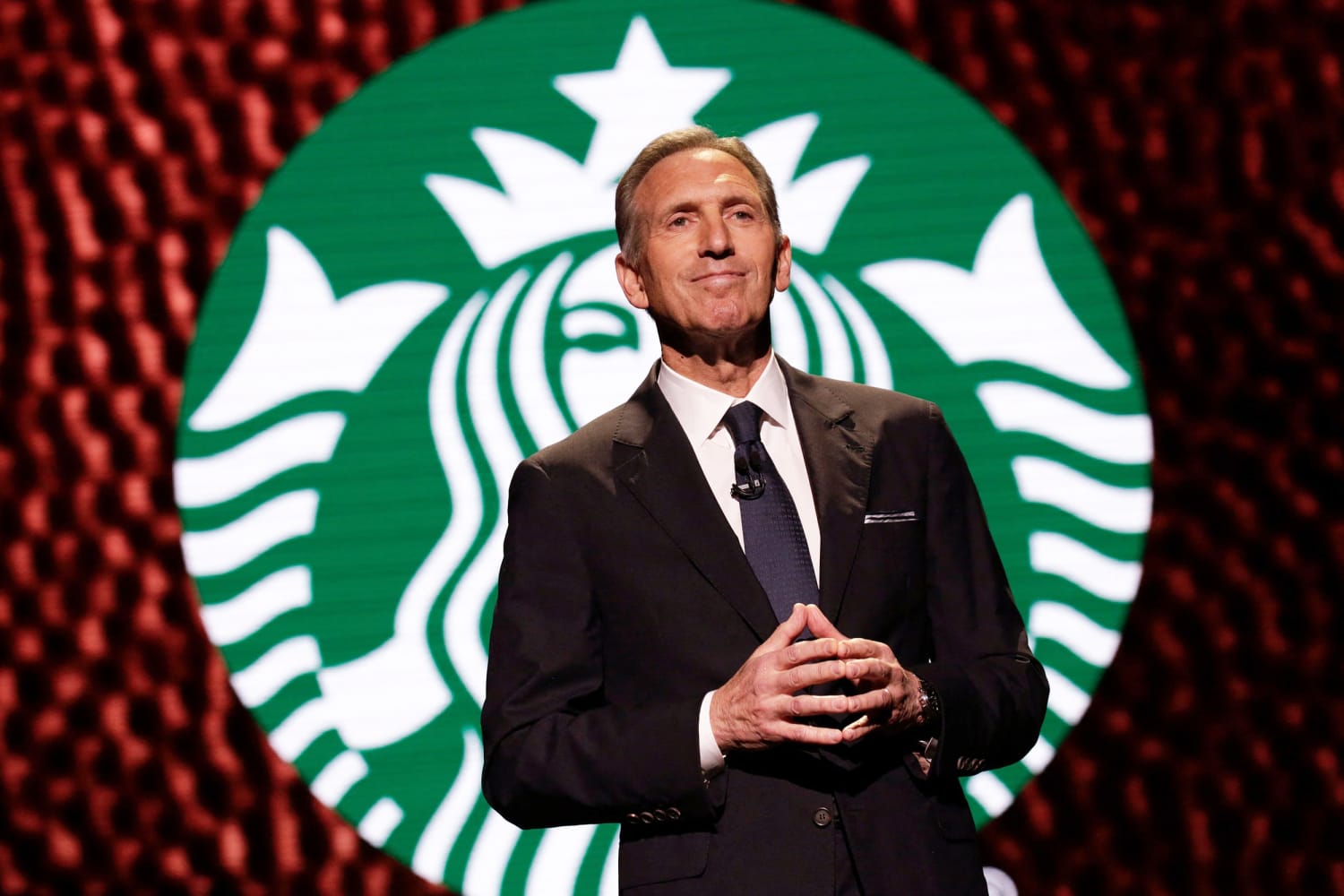[ad_1]

His third stint as Starbucks’ chief executive ended in March, as Laxman Narasimhan stepped into the role. Schultz spent 11 months back in the top job. During that time, he crafted a strategy to modernize the company’s cafes, improve relations with its baristas and fuel further sales growth. He also spearheaded the launch of Starbucks Oleato, a line of olive oil-infused beverages.
But some of Schultz’s actions created new enemies. He took a more aggressive approach against baristas unionizing than Kevin Johnson, who took over as CEO after Schultz’s second stint. Starbucks Workers United and allies such as Sen. Bernie Sanders made billionaire Schultz the face of Starbucks’ anti-union stance. It culminated in Schultz being grilled in front of a Senate committee over the company’s alleged union busting shortly after he stepped down as chief executive.
Prior to his departure, Schultz told CNBC that he has no intention of taking the reins as CEO again.
Schultz previously stepped down from Starbucks’ board in June 2018 to prepare for a potential presidential run, before deciding against a bid. He had already handed off the CEO role to Johnson in 2017.
As Schultz departs the board, Wei Zhang will take his seat. Zhang served as a senior advisor to Alibaba and president of Alibaba Pictures Group.
Her experience with the Chinese e-commerce giant could aid Starbucks as it tries to help its Chinese business bounce back. China is Starbucks’ second-largest market, and some trends there, such as mobile ordering, have inspired changes to the company’s U.S. business.
Zhang also previously held roles at News Corp China, CNBC China, Bain and General Electric. She currently serves on Ralph Lauren’s board.
She is the third woman on Starbucks’ nine-person board, which includes chair Mellody Hobson and Land O’Lakes CEO Beth Ford.
[ad_2]
Source link
